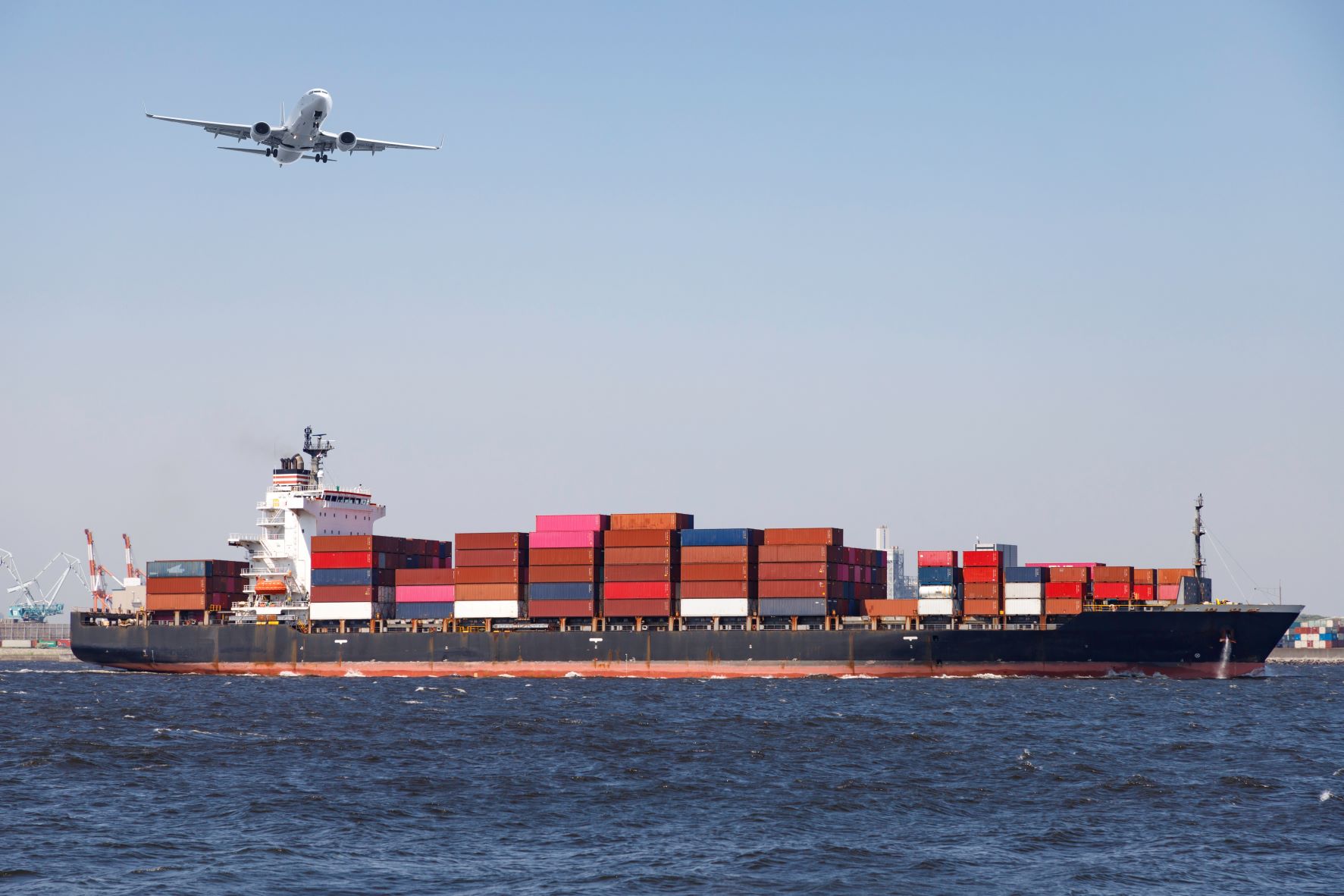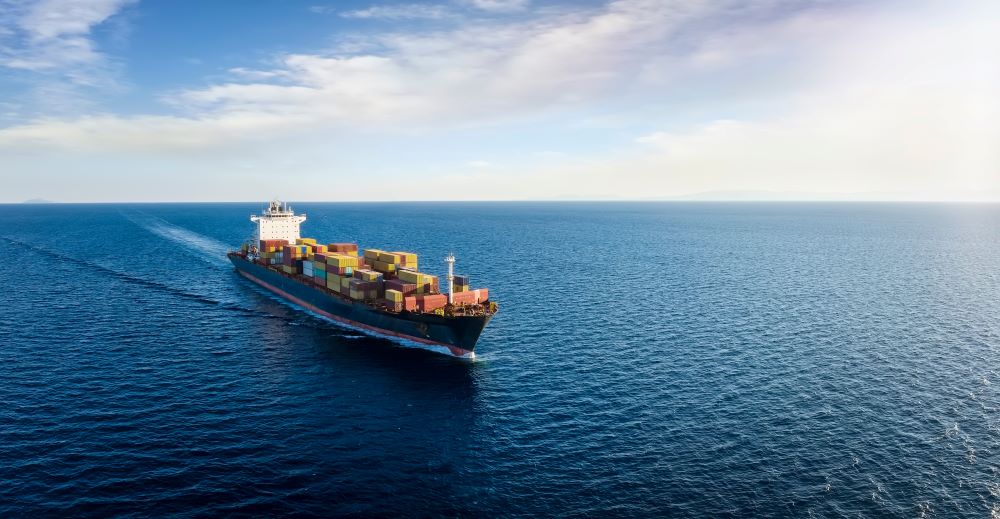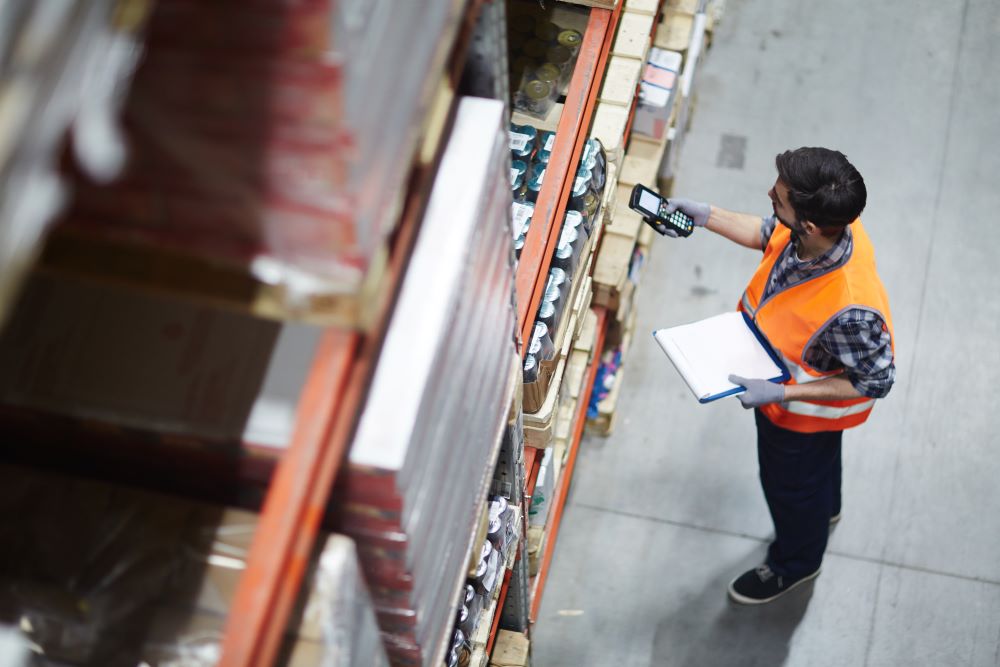2024.06.19
Shipping a Parcel from Canada to France

Shipping a parcel to France from Canada is a relatively simple process thanks to the close economic ties between the two countries. France is one of Canada’s largest trading partners with billions of dollars of goods shipped between the two countries each year.
Are you trying to figure out what factors go into shipping your packages to France from Canada? From packaging to customs fees and labeling, there’s a lot to consider!
With a little planning, sending a package to France from Canada can be a quick and easy process.
How do I send a package from Canada to France?
Canadians shipping goods from Canada to France can take advantage of CETA rules (the Canada-European Union Comprehensive Economic and Trade Agreement). These do not require an official certificate to obtain tariff benefits.
A declaration on the invoice or any other commercial document accompanying the shipment is sufficient. This is particularly great for personal shipments from Canada to France. Under CETA, country of origin rules are combined with other factors to determine whether a product qualifies for duty-free treatment.
Check if your package requires a specialized service
Before shipping your goods from Canada to France, you need to determine whether your shipment is considered high value and whether it is a bulky shipment. Check the volumetric weight of your package first. Depending on the weight, quantity and type of merchandise in your package, you may need to use an international courier and parcel shipping service.
Customs clearance and Incoterms when shipping to France
The customs clearance procedure consists of assigning cargo the necessary tariffs for its destination. Import clearance often involves the payment of customs duties and VAT (value-added tax). However, there may also be more specific regulations. This is particularly the case for products subject to sanitary or phytosanitary regulations. For these products, there may be inspections to ensure compliance.
When you ship a package to France from Canada, it is important to know the customs clearance process and the required documents.
What are Incoterms?
Incoterms are rules that consider:
- The allocation of transportation costs between the shipper and the receiver
- The point of transfer of responsibility related to the risk of damage
- The responsibility of each party for the documentation required for customs clearance
If you are a Canadian exporter, it is best to avoid Incoterms or cargo insurance that leave you responsible for customs duties and VAT, such as the DDP. You will have to pay VAT and will not be eligible to reclaim it unless you have an entity registered for tax in France.
Preparing your documents for customs
To make your customs clearance easier, these are the custom forms and documents you need to have when shipping a parcel from Canada to France:
- The commercial invoice (in English with a translation included). This must show a detailed description of the goods and their value.
- The certificate of origin provided for by CETA. This is the official document attesting to the place of production, manufacturing or processing of the product. This document is only required for certain goods.
- The transport document (Air Waybill, Bill of Lading, Sea Waybill, and so on)
- If your goods have entered through another EU country, transit documents (T1 or T2) may be required.
Other documents may be required. For more ease with these procedures, you may want to seek the help of a freight forwarder.
The cost of shipping from Canada to France
As of July 2021, the de minimis value (value of goods below which no duty or tax is collected by customs) that exempts imports into the EU from value added tax/VAT has been removed.
This means that all shipments entering the EU from anywhere in the world will be subject to customs duties and VAT.
The CIF value which includes the price of the item as well as the shipping and insurance costs will be used to determine the amount of VAT due.
Note that for goods valued at less than €150 (approximately 220 CAD), the import duty is waived, but the VAT (approximately 20%) still applies. It is therefore important to be aware of the changes to the import process before shipping your goods.
Failure to comply with customs regulations may result in delays, penalties, fines or seizures.
Paying the customs and clearance bills
Payment of customs duties and taxes is an important consideration for any Canadian exporter.
Depending on the Incoterm used, the exporter or importer may be responsible for the payment of customs duties and taxes.
The “Single Administrative Document” form, used for a standard import, is attached to the customs agent’s invoice. The VAT will be recovered in full from the French tax authorities by the importer in the case of proper business packages. Individuals cannot recover VAT.
Consult a freight forwarder or customs broker to determine which Incoterm would be the most appropriate for your situation.
Globex ships your packages from Canada to France
At Globex, we understand that not all shipments are the same. That’s why we offer a variety of shipping services to meet your needs. Whether it’s a large shipment that requires special handling, we’re here to help.
We work with you to find the best solution for your shipping needs. Contact us when you need some extra assistance for your shipping. We are always happy to help!


